Vitamin K And Liver Disease
Vitamin k and liver disease. Consider DVT prophylaxis see here for guidance. Vitamin K deficiency can be caused by fat malabsorption which may be associated with severe liver disease andor biliary obstruction pancreatic dysfunction atrophy of the intestinal mucosa or any cause of steatorrhea. Vitamin K is frequently administered in cirrhotic patients to correct their coagulopathy but evidence for such practice is lacking.
Vitamin K helps blood to clot warfarin is used to slow blood clotting. Vitamin K is not effective to treat clotting problems caused by liver disease. It also decreases the production of anticoagulant proteins proteins C and S.
However Vitamin A as beta-carotene is not toxic to the liver and can be taken in any amount. In doses over 1200 IU per day Vitamin E can thin the blood and cause bleeding. This will not correct clotting unless there is a deficiency can occur in obstructive liver disease or prolonged malnutrition but will ensure patients level is replete.
Liver disease because this reduces vitamin K storage Some medications such as antibiotics statins Xenical mineral oil and blood thinners. The two substances have a major interaction and can affect how well your medication works increasing your risk of bleeding. Vitamin K deficiency is rare in adults because many of the foods we eat contain adequate amounts of K1 and because the body makes K2 on its own.
The objective of our literature review is to determine the effectiveness of vitamin K to correct coagulopathy in cirrhosis. Deficiencies of vitamin K can increase the risk of bone loss osteoporosis hardening of the arteries arteriosclerosis and cancer. Liver disease is often marked by changes in hemostasis.
The liver synthesizes bile acids and secretes them into the small intestine where they play a critical role in absorption of lipids. Both vitamin K1 and K2 are bioactive in hepatic gamma-carboxylation but long-chain vitamin K2 are less well absorbed. Many factors contribute to vitamin K deficiency including intra-hepatic and extra-hepatic cholestasis prolonged oral antibiotic therapy malnutrition and malabsorption 330.
Vitamin K is frequently administered to cirrhotic patients with an elevated INR to improve their coagulopathy though strong evidence justifying this approach is lacking. Here are the results to our October 2019 Quick Question What factor assays do you perform to distinguish liver disease from vitamin K deficiency a.
Vitamin K helps blood to clot warfarin is used to slow blood clotting.
It also decreases the production of anticoagulant proteins proteins C and S. However Vitamin A as beta-carotene is not toxic to the liver and can be taken in any amount. Although liver injury per se may not cause vitamin K deficiency it frequently accompanies liver disease. Vitamin K is often given to correct prolonged prothrombin times PT in patients with cirrhosis. Liver disease because this reduces vitamin K storage Some medications such as antibiotics statins Xenical mineral oil and blood thinners. Vitamin K helps blood to clot warfarin is used to slow blood clotting. Antithrombin III ATIII is a non-vitamin K-dependent glycoprotein synthesized by the liver and endothelium that is reduced in plasma concentration in patients with liver disease probably. Vitamin K deficiency is rare in adults because many of the foods we eat contain adequate amounts of K1 and because the body makes K2 on its own. It also decreases the production of anticoagulant proteins proteins C and S.
We aimed to assess whether vitamin K administration increases the levels of the vitamin K-dependent factor VII FVII protein C and protein S in patients with different stages of liver. Vitamin K is frequently administered in cirrhotic patients to correct their coagulopathy but evidence for such practice is lacking. Although liver injury per se may not cause vitamin K deficiency it frequently accompanies liver disease. We aimed to assess whether vitamin K administration increases the levels of the vitamin K-dependent factor VII FVII protein C and protein S in patients with different stages of liver. Vitamin K is often given to correct prolonged prothrombin times PT in patients with cirrhosis. Liver stores of vitamin K are relatively small and predominantly are the menquinones 7-13. Vitamin E Again Vitamin E has several benefits to offer someone with liver concerns but it can be hazardous if taken in excess.
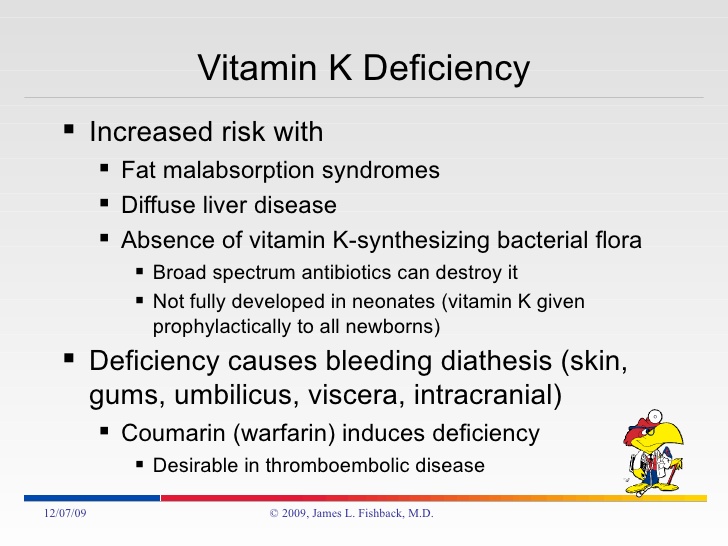



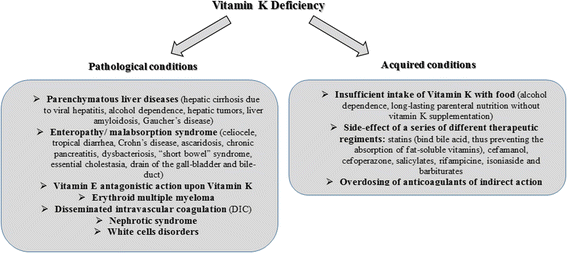


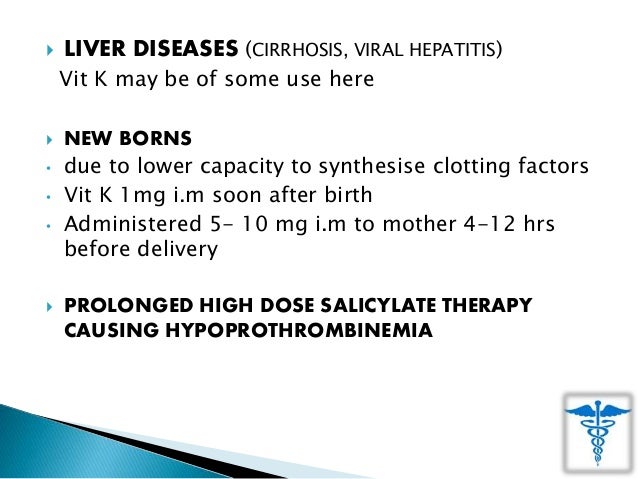
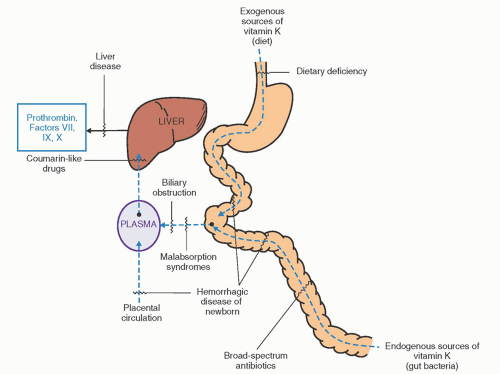



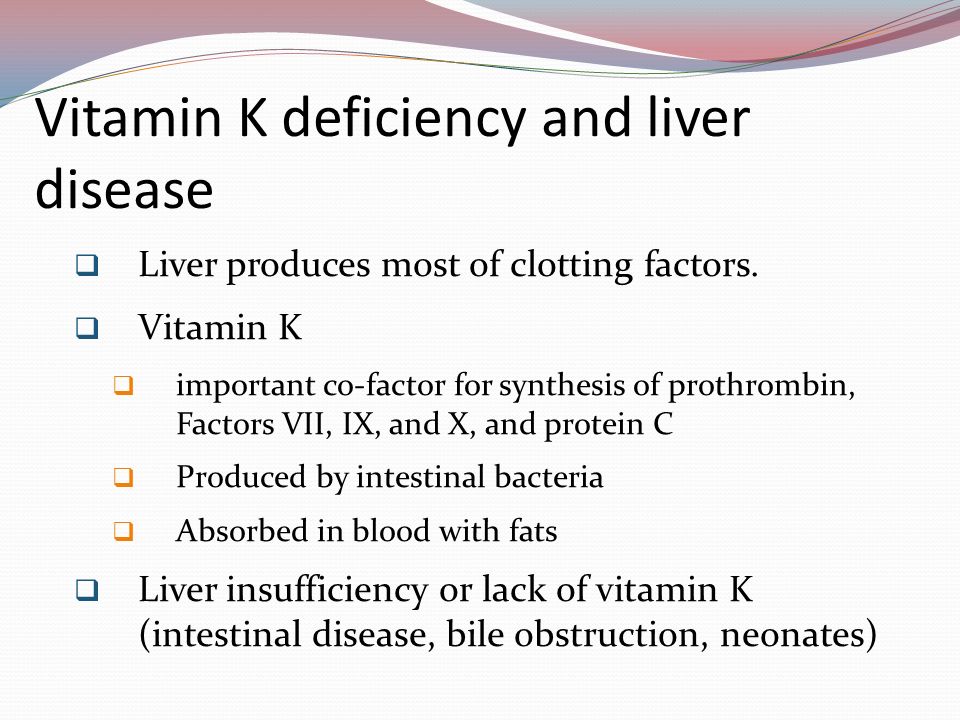
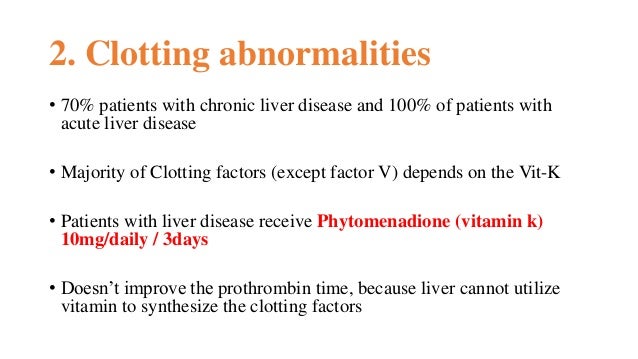
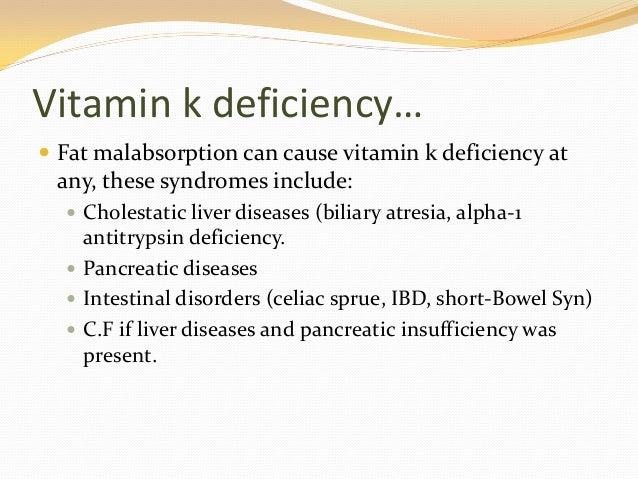






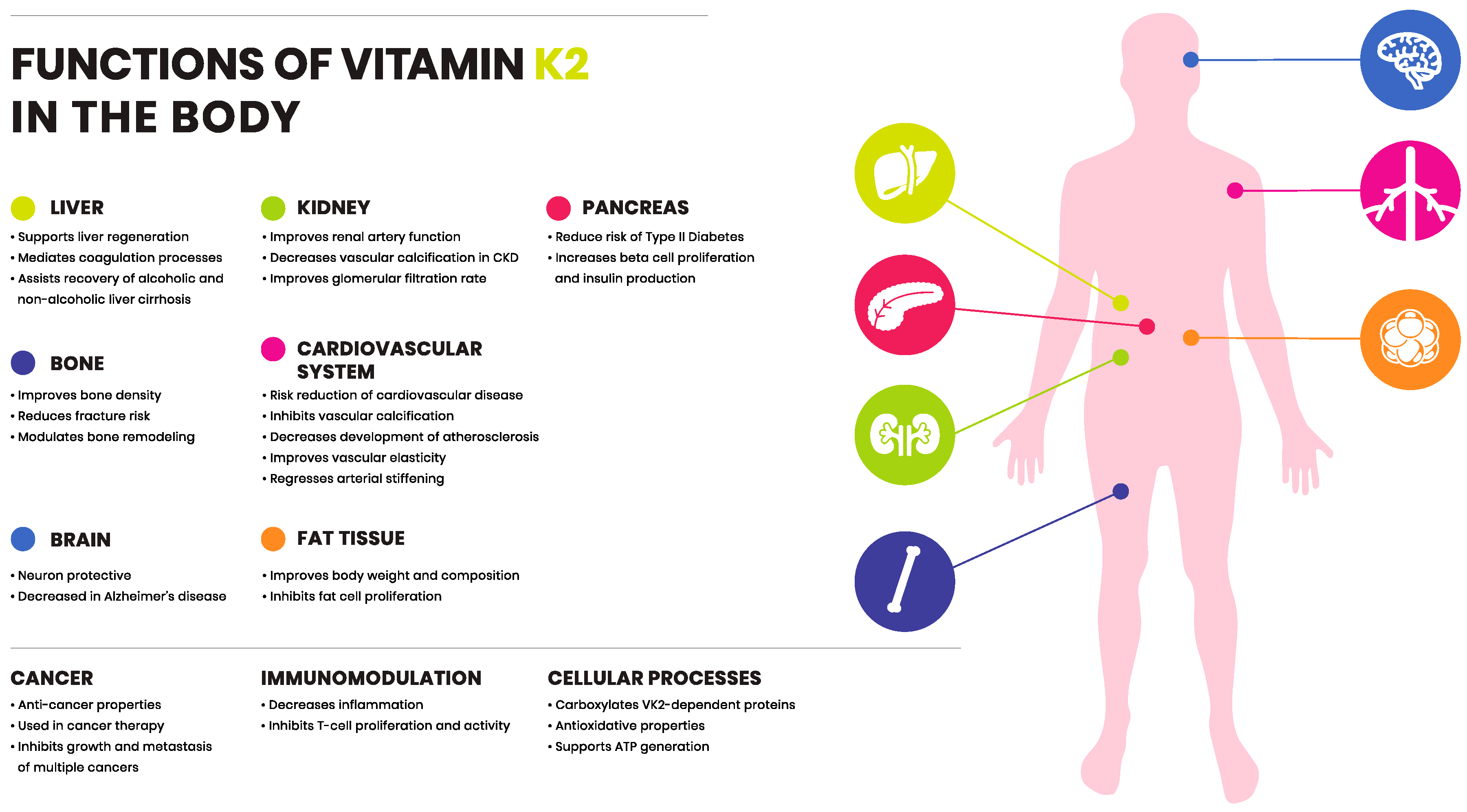








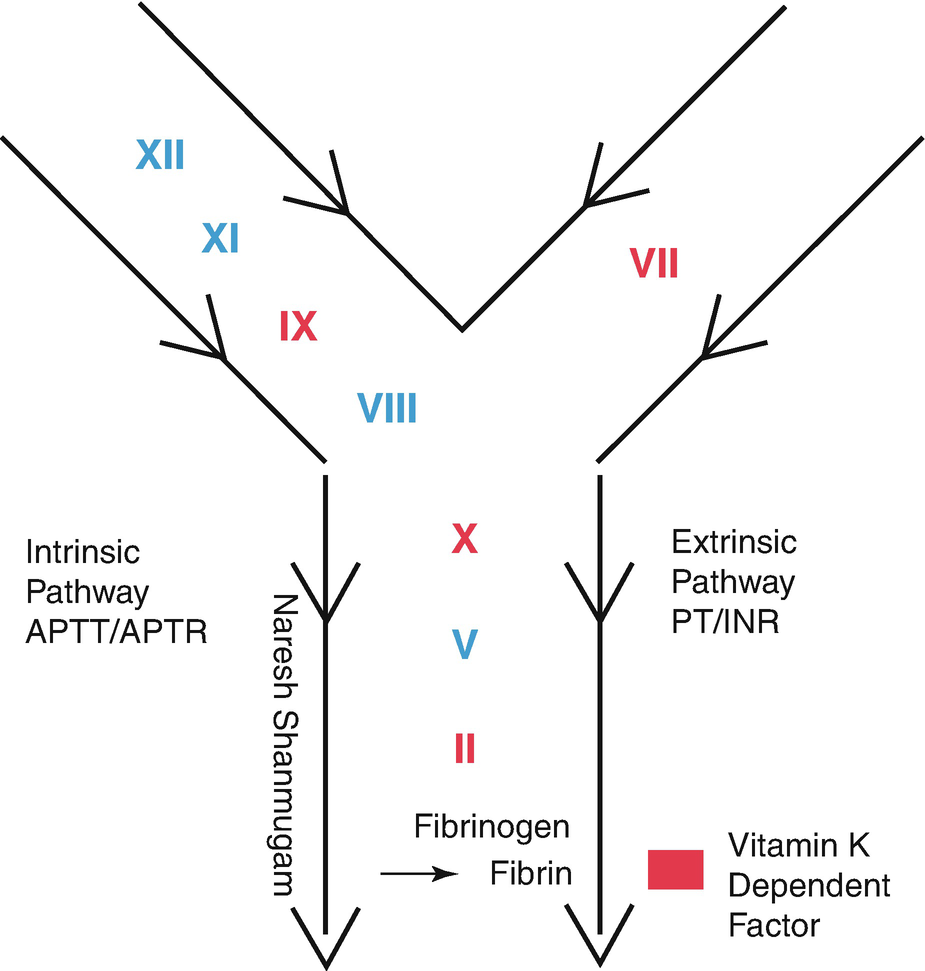



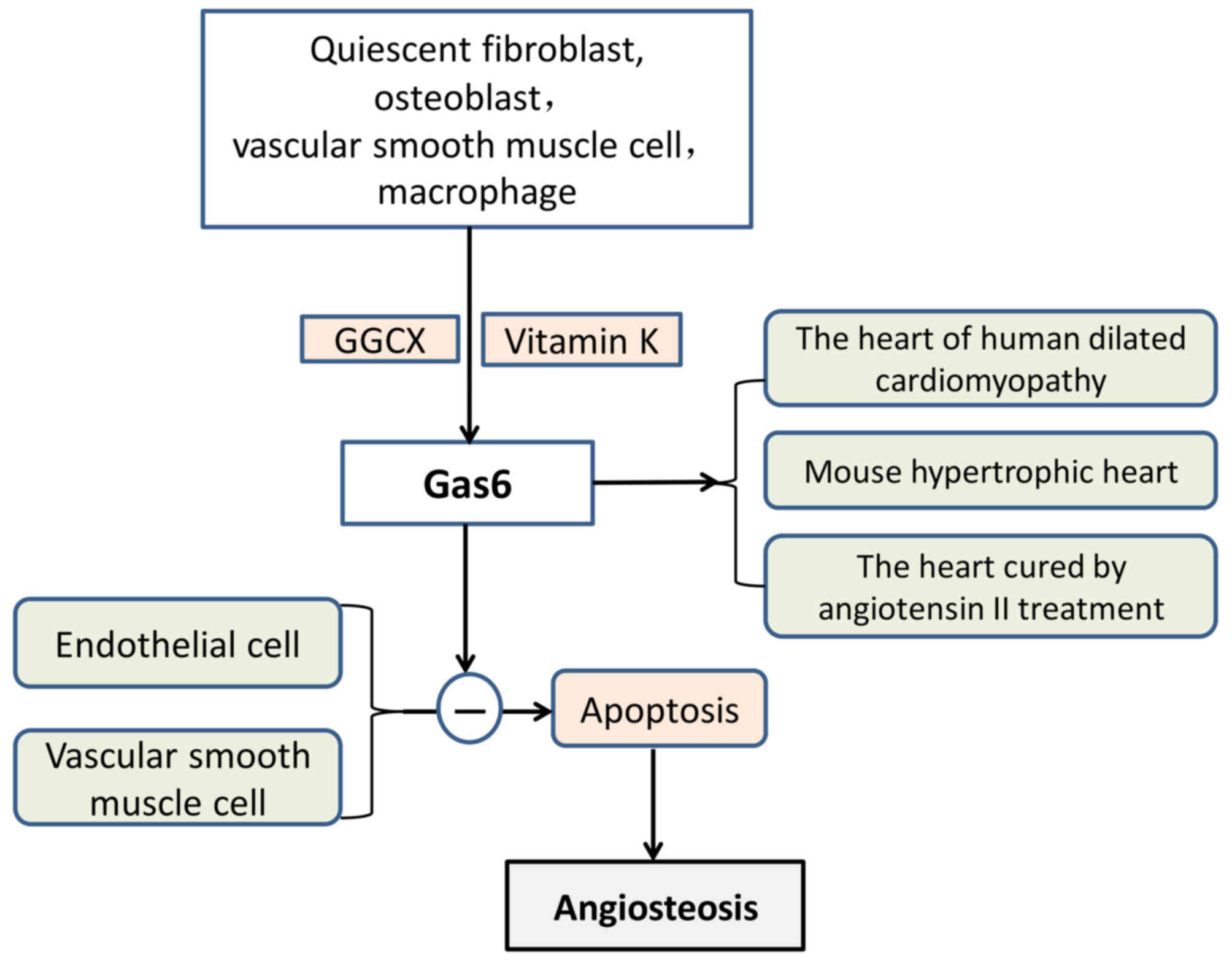


Post a Comment for "Vitamin K And Liver Disease"